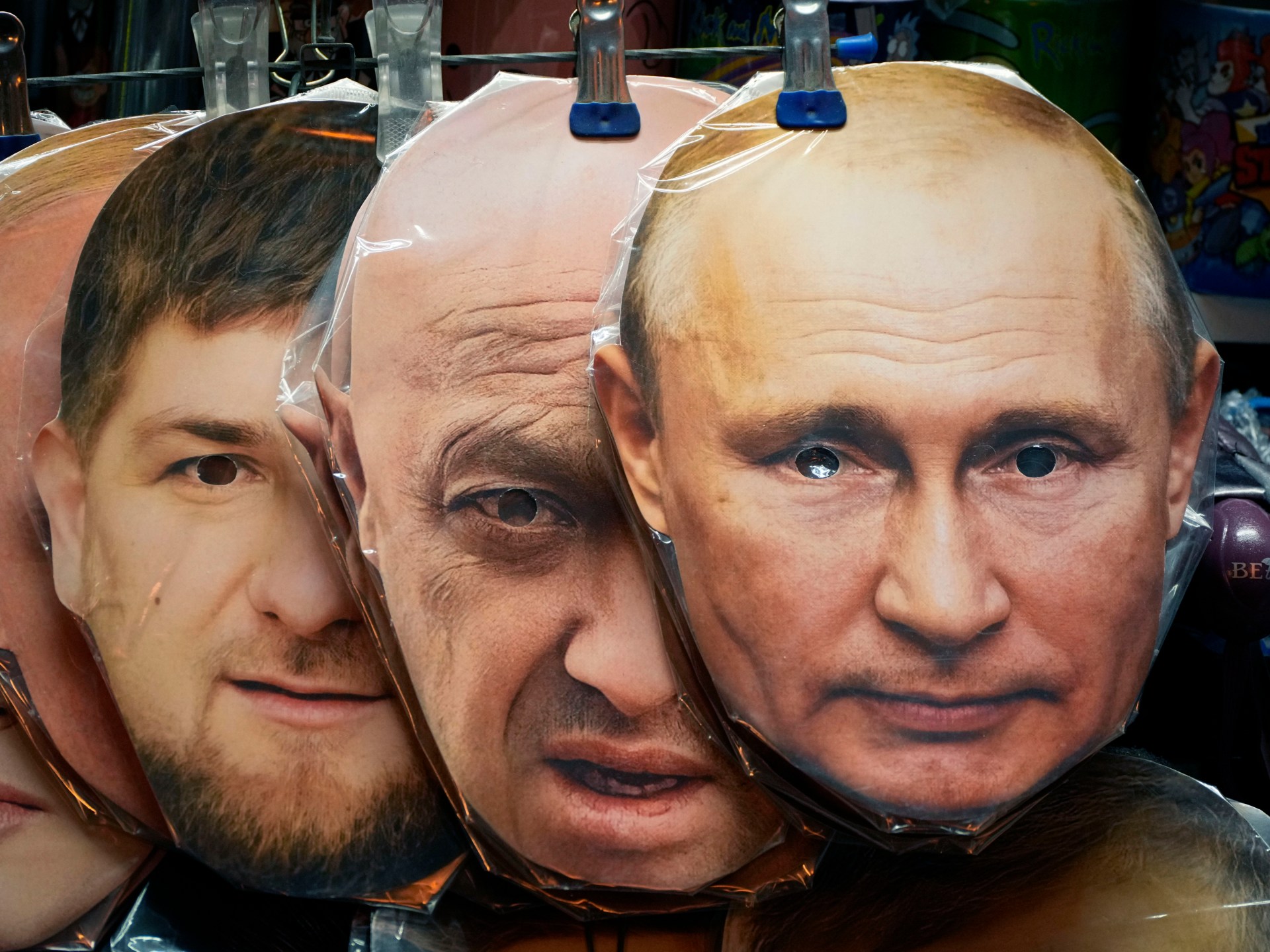Samantha de Bendern, a research associate at Britain's Chatham House, presented a chaotic picture of the Russian leadership, saying it was hard to know who was in control there.
In an article in the British newspaper The Guardian, Russia has 4 armies fighting each other; there are the official Russian armed forces, the Wagner militia group, Chechen forces, and Russians opposed to President Vladimir Putin who launched raids across the Ukrainian border on the Belgorod region in late May.
Bitter criticism against the army leadership
In the details she mentioned about the conflict, the author focused on statements by the head of the Wagner Group, Yevgeny Prigozhin, such as his recent bitter criticism of the army leadership and accusing it of lying about the events in Belgorod, calling for the prosecution of Russian Defense Minister Sergei Shoigu on charges of facilitating the "genocide of the Russian population" due to the complete unpreparedness for war in Ukraine, where he has repeatedly suggested shooting Shoigu and other senior military leaders.
She also cited Prigozhin's statement on the nuclear paper, noting that the Russians will be able to use a nuclear weapon on their territory, warning that he is not sure how well nuclear weapons work, and if they are poorly maintained, "like the rest of the Russian weapons," adding that it is difficult not to see this as a criticism of Putin, who is the ultimate authority for nuclear use, and it is difficult not to see this statement as an outright undermining of Russia's concept of nuclear deterrence.
Does the Kremlin control Prigozhin?
Whether the Kremlin controls Prigozhin, or is it a cannon that fires without brakes and poses a serious threat to the regime?
Last week, Wagner forces arrested a Russian federal army officer and accused him of mining their withdrawal route and shooting them drunk.
She pointed to the attack by anti-Putin Russian rebels on Russian regular forces and their call on the governor of the Belgorod region to negotiate their release, and to publicly criticizing a high-ranking Chechen fighter, Yevgeny Prigozhin, highlighting the rivalry between Chechen forces and Wagner.
Chaos and hostility
What has become clearer, de Bendern said, is chaos and hostility within Russia, if not direct armed conflict.
Prigozhin's comments befell a growing rift within the senior command structure in a country that cannot defend even a small part of its borders from incursions and allows drones to strike at its center of power.

